TECH2X at EIT Education & Skills Days 2025
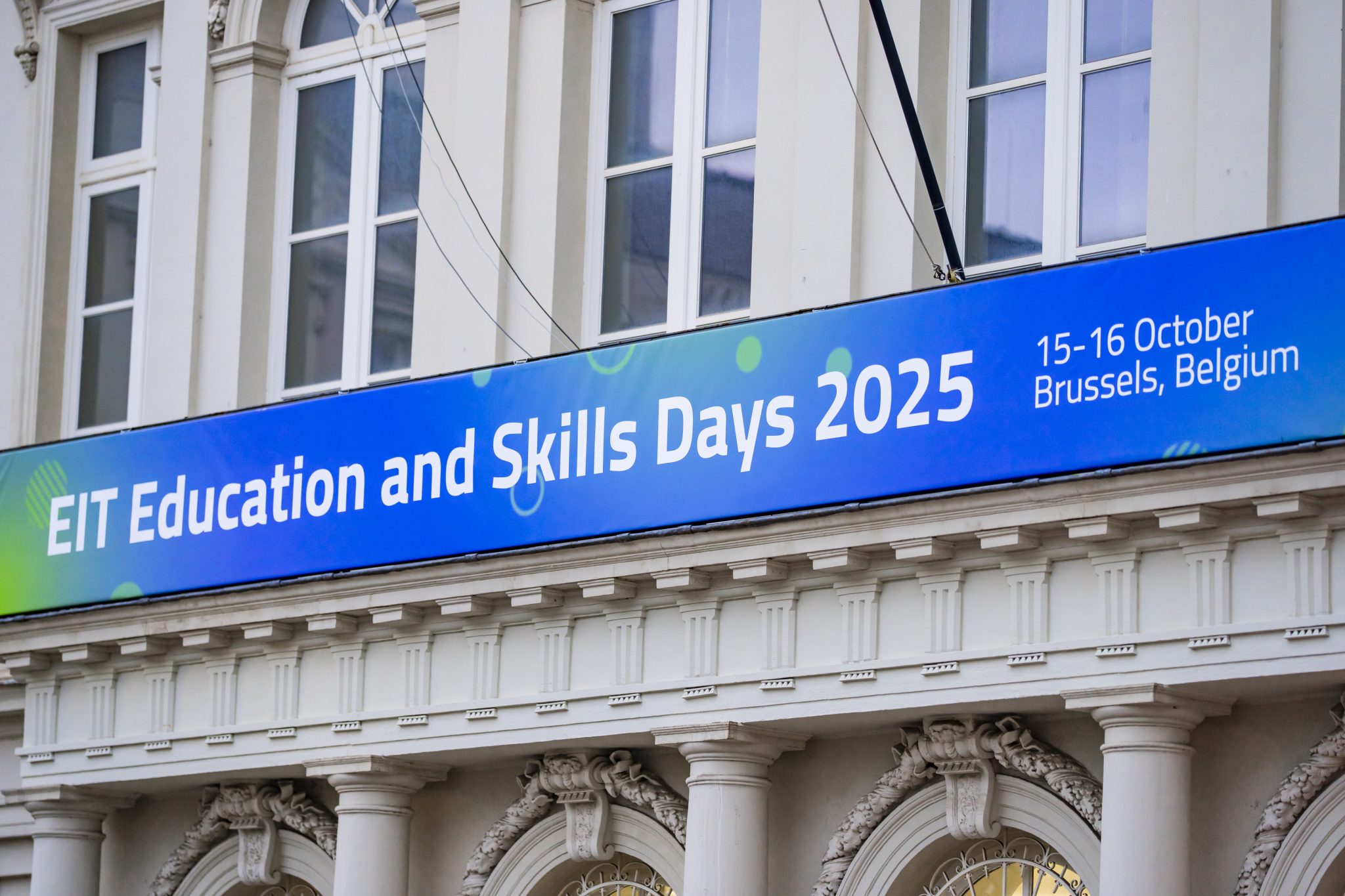
At the opening of the EIT Education and Skills Days conference on 15–16 October in Brussels, one sentence set the tone: “Resilience is not built in factories.” It captured the urgent need for soft-skills training and framed two days of discussion on how to build these capabilities in Europe’s innovation ecosystem. CERN IdeaSquare’s Ole Werner was there representing TECH2X to find out more.
Prototype exhibition opens at IdeaSquare
What if our student projects could unlock unseen solutions for global challenges?
 What if our student projects could unlock unseen solutions for global challenges?
What if our student projects could unlock unseen solutions for global challenges?
ATTRACT Final Conference – Bringing big science, talent and technology together

ATTRACT hosted its Final Conference in Brussels, Belgium, on 2–3 July 2025. The event served as a dynamic platform for bringing together all key actors involved in ATTRACT phase 2 to showcase their achievements and impact. For two days, participants had the opportunity to gain firsthand insights into the practical implementation of the ATTRACT model and its contribution to advancing innovation across research, industry, and society.
Watch this video that summarizes this significant milestone for ATTRACT phase 2.
ATTRACT celebrates successes at final conference
The initiative helped develop breakthrough detection and imaging technologies and tested a model for innovation in Europe
 The initiative helped develop breakthrough detection and imaging technologies and tested a model for innovation in Europe
The initiative helped develop breakthrough detection and imaging technologies and tested a model for innovation in Europe
Rethinking the role of research infrastructures
ATTRACT highlights the potential of research infrastructures to boost Europe’s competitiveness and security
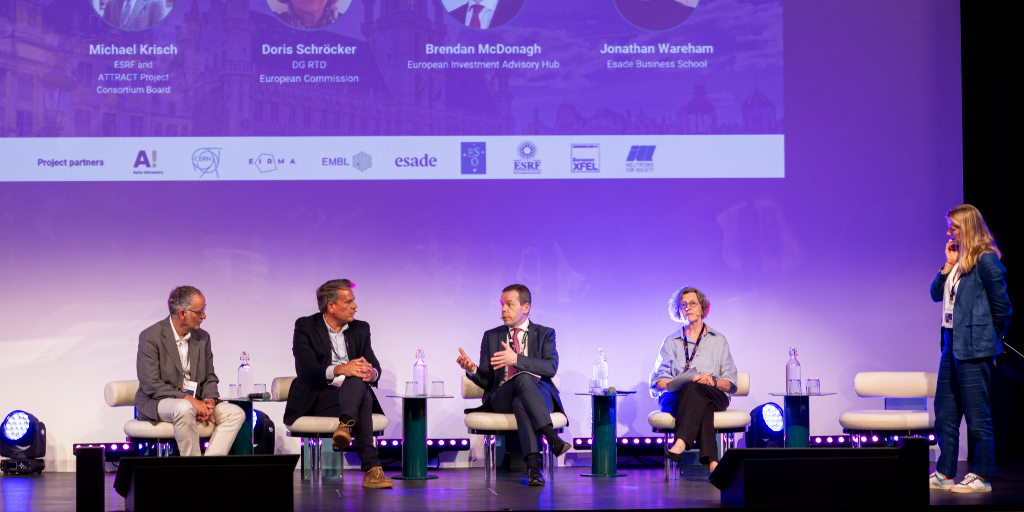 ATTRACT highlights the potential of research infrastructures to boost Europe’s competitiveness and security
ATTRACT highlights the potential of research infrastructures to boost Europe’s competitiveness and security
ATTRACT lights the way to commercialising R&D
Project offers blueprint to develop more homegrown deep tech in Europe
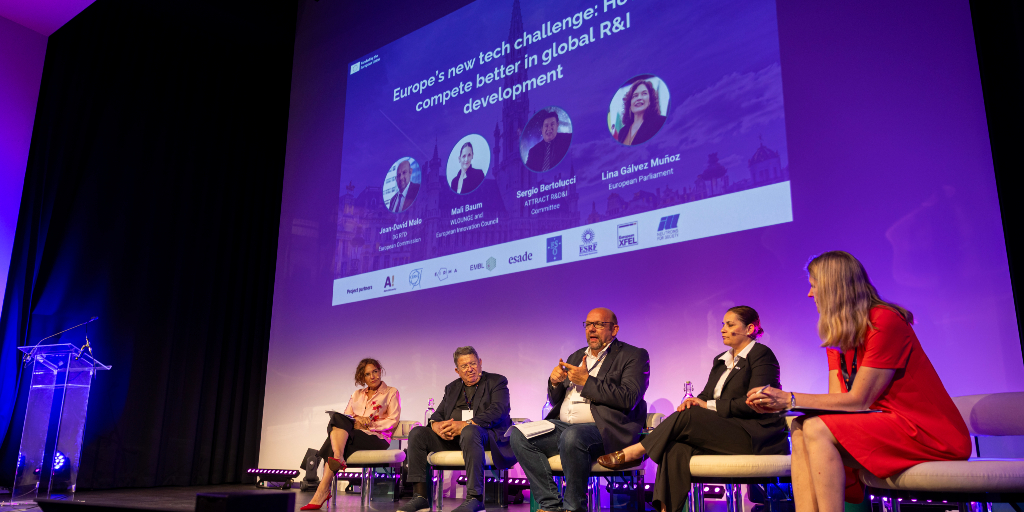 Project offers blueprint to develop more homegrown deep tech in Europe
Project offers blueprint to develop more homegrown deep tech in Europe
Puff, the magic jacket: In this EU project, students design some surprising tech prototypes
Clothing that sucks drinking-water direct from the air is among the novelties that 1,400+ students have devised as part of ATTRACT Academy’s training for future tech entrepreneurs
 Clothing that sucks drinking-water direct from the air is among the novelties that 1,400+ students have devised as part of ATTRACT Academy’s training for future tech entrepreneurs
Clothing that sucks drinking-water direct from the air is among the novelties that 1,400+ students have devised as part of ATTRACT Academy’s training for future tech entrepreneurs
How a swim helped launch one of Europe’s fast-moving quantum start-ups
Random Power, an Italian quantum innovator, is among several surprising deep-tech projects incubated by the EU-funded ATTRACT project
 Random Power, an Italian quantum innovator, is among several surprising deep-tech projects incubated by the EU-funded ATTRACT project
Random Power, an Italian quantum innovator, is among several surprising deep-tech projects incubated by the EU-funded ATTRACT project
ATTRACT Academy: empowering Europe’s next generation of innovators
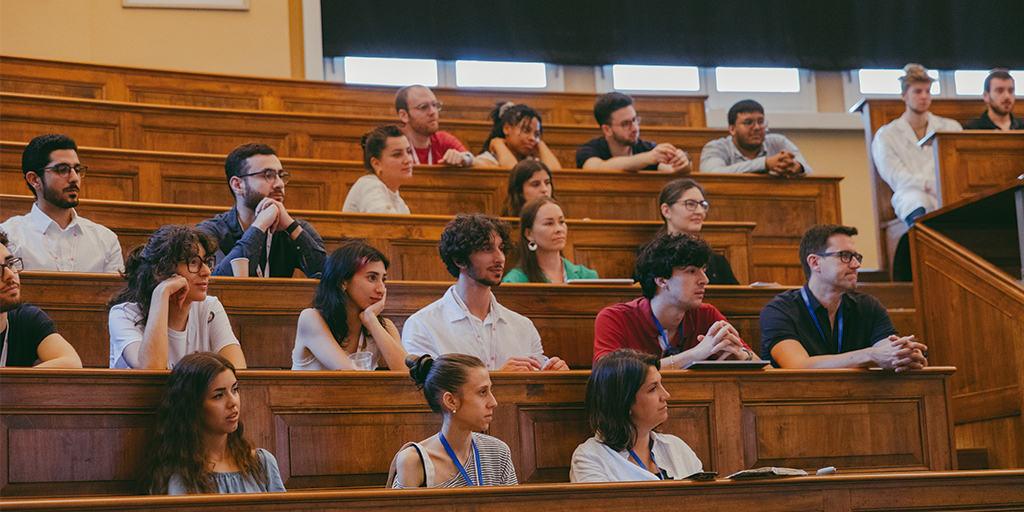
The ATTRACT Academy is revolutionising how students engage with deep-tech innovation and entrepreneurship. Born from the success of the ‘Young Innovators and Entrepreneurs’ pilot in ATTRACT phase 1, it scaled up its impact during phase 2, expanding its reach to multiple universities across Europe.
What happens when you let a bunch of sociologists loose in a tech lab?
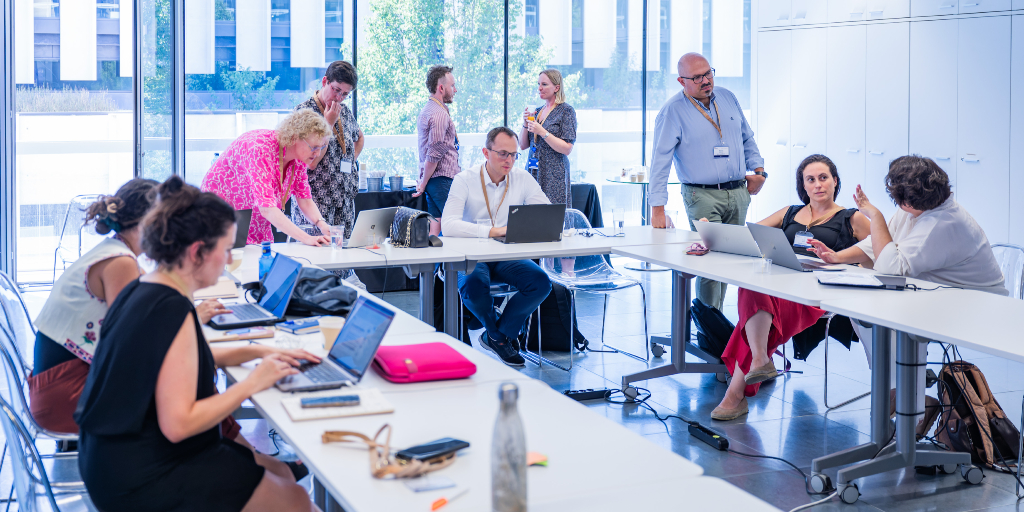
Around the world, governments spend billions of euros a year to get new discoveries out of the lab and into the market. But do they actually know what works and what doesn’t?
Spoiler alert: not really. In many cases, the design of R&D support programmes is just a matter of “well-intentioned guesswork,” says Albert Bravo-Biosca, director of the London- and Barcelona-based Innovation Growth Lab, a non-profit that studies innovation policy.
Pagination
- Page 1
- Next page